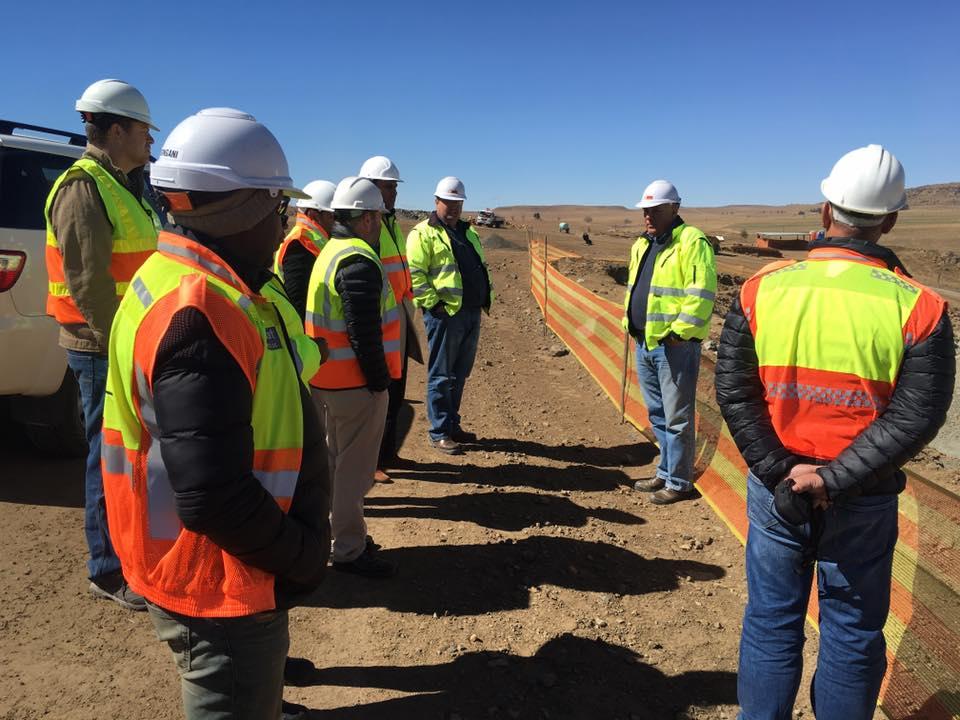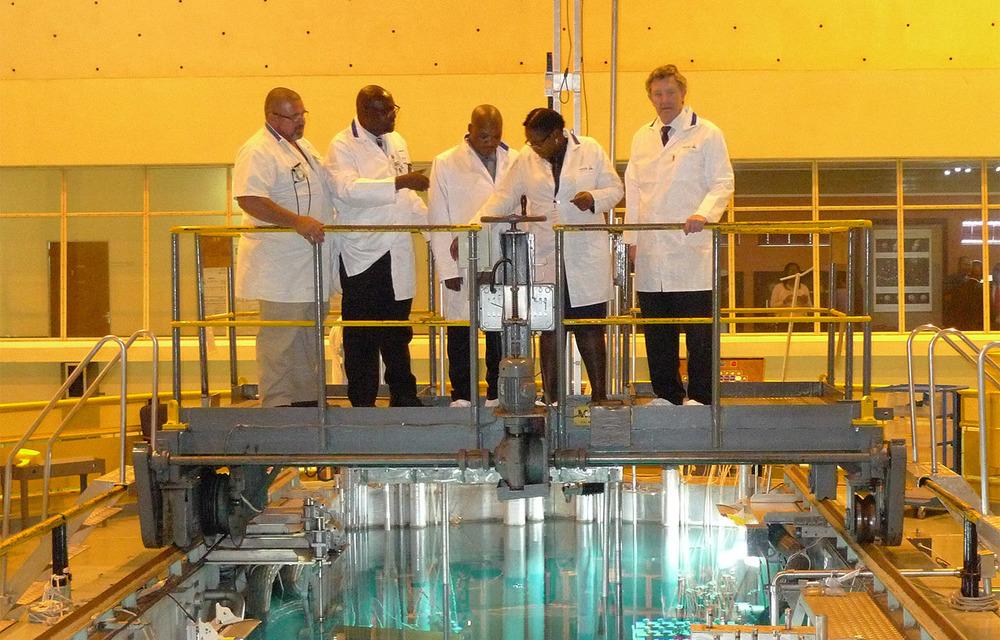Explore Our Bill Payment Services:

- Salary And Allowance
- Engineers Salary
- South Africa
Salary Structure And Allowances Of Civil Engineers In South Africa
Civil engineering is one of the most critical professions in South Africa, underpinning infrastructure development and contributing to the growth of industries such as construction, energy, and mining. With the demand for skilled engineers increasing, understanding the salary structure and benefits available in this field is essential for both aspiring professionals and those already in the industry. In this comprehensive guide, we explore the salary scales of civil engineers in South Africa in 2025, alongside allowances, bonuses, and the factors that shape overall compensation packages.
1. Entry-Level Civil Engineers (0–3 Years of Experience)
Fresh graduates entering the field of civil engineering can expect starting salaries that range between R200,000 and R400,000 annually, translating to about R17,000 to R33,000 per month.
-
Jobted places the typical starting salary at around R409,200 per year (~R34,100 per month).
-
Indeed data suggests an average of R357,843 annually, or nearly R30,000 per month.
-
Other estimates, including AfricansMag, suggest a range of R250,000–R400,000 annually.
Key takeaway: While entry-level salaries may seem modest, they are often supplemented by benefits such as medical aid, provident fund contributions, and small bonuses. These roles prioritize professional exposure and career development opportunities.
2. Mid-Level Civil Engineers (4–9 Years of Experience)
With a few years of experience, civil engineers begin to see substantial increases in pay. Salaries for mid-level professionals typically fall between R350,000 and R700,000 annually, which is equivalent to R29,000 to R58,000 per month.
-
Kashgain reports monthly salaries in the range of R30,000–R50,000.
-
Jobted estimates an average intermediate salary of R580,000 per year (~R48,300 per month).
-
AfricansMag places the figure higher, between R450,000 and R700,000 annually.
Key takeaway: At this stage, civil engineers may oversee small teams or projects, often qualifying for additional allowances like travel reimbursements. Registration as a Professional Engineer (Pr Eng) with ECSA can significantly improve salary prospects.
3. Senior Civil Engineers (10+ Years of Experience)
Senior engineers, with over a decade of experience, command some of the highest salaries in the field. Typical salaries range between R700,000 and R1.2 million annually, with some roles paying substantially more.
-
Kashgain suggests R60,000–R90,000 per month, or R720,000–R1,080,000 annually.
-
Highly experienced professionals (20+ years) can earn up to R1.2 million or more annually.
-
SassaLoans reports senior civil engineers earning R930,000 annually, with principal engineers reaching R1.5 million.
Key takeaway: Salaries at this level reflect both technical mastery and leadership responsibilities in large-scale infrastructure projects. Senior engineers are also likely to receive extensive perks, including housing and company vehicles.
4. Regional Salary Variations
Civil engineering salaries in South Africa are also influenced by location. Urban centers tend to pay more than rural areas:
-
Gauteng (Johannesburg & Pretoria): R400,000–R900,000 annually.
-
Western Cape (Cape Town): R380,000–R850,000 annually.
-
KwaZulu-Natal: R350,000–R750,000 annually.
-
Eastern Cape: R300,000–R700,000 annually.
SouthAfricaLists reports that average salaries are highest in Johannesburg (~R600k/year), followed by Cape Town (~R500k/year) and Durban (~R450k/year).
Key takeaway: While rural areas may pay less, engineers often receive housing allowances, travel reimbursements, or relocation support to balance compensation.
5. Industry and Sector Differences
Different industries value civil engineering expertise at varying levels. Here’s a breakdown:
-
Construction: R360,000–R840,000 annually.
-
Government/Public Sector: R300,000–R720,000 annually.
-
Consulting Firms: R480,000–R960,000 annually.
-
Mining: R600,000–R1.44 million annually.
-
Energy and Utilities: R720,000–R1.8 million annually.
Specializations also affect pay:
-
Structural Engineering: R500k–R800k annually.
-
Geotechnical Engineering: R450k–R750k annually.
-
Water Resources: R400k–R700k annually.
-
Transportation Engineering: R500k–R900k annually.
Key takeaway: Mining and energy remain the most lucrative industries for civil engineers in South Africa, while government positions tend to pay less but often offer stability and benefits.
6. Allowances, Benefits, and Bonuses
Civil engineers in South Africa rarely earn just a base salary; most receive a mix of allowances and bonuses:
-
Bonuses: Typically 3–5% of annual salary. Jobted and Thol’ispane report bonuses ranging from R6,000 to R58,700 per year.
-
Medical Aid & Pension: Standard in most firms, especially consulting and large construction companies.
-
Travel & Housing Allowances: Common for engineers working in remote or project-based locations.
-
Company Vehicles: Often provided for site-based engineers.
-
Professional Development: Funding for further education, certifications, and conferences is frequently included.
Key takeaway: Benefits can significantly enhance overall compensation, making some offers with lower base pay more competitive.
7. The Role of Professional Registration (ECSA)
Becoming a registered Professional Engineer (Pr Eng) with the Engineering Council of South Africa (ECSA) is a critical milestone in a civil engineer’s career. Not only does it formally recognize expertise, but it also enhances employability and earning potential.
-
Registered engineers often see salary boosts of 20–30%, according to industry professionals.
-
Many senior and specialized roles require ECSA registration.
Key takeaway: ECSA registration is worth pursuing, particularly for engineers aiming for leadership roles or lucrative industry positions.
8. Summary of Salary Ranges
| Experience Level | Annual Salary (R) | Monthly Salary (R) |
|---|---|---|
| Entry-level (0–3 yrs) | 200,000–400,000 | 17,000–33,000 |
| Mid-level (4–9 yrs) | 350,000–700,000 | 29,000–58,000 |
| Senior (10+ yrs) | 700,000–1.2M+ | 58,000–100,000+ |
| Industry High-End | Up to ~1.8M | ~150,000 |
Final Thoughts
The salary structure of civil engineers in South Africa shows clear progression: from modest entry-level pay to six-figure monthly earnings for senior professionals. Location, sector, and specialization play key roles in determining pay, while bonuses and allowances enhance compensation packages. Importantly, professional registration with ECSA can significantly boost earnings.
For aspiring civil engineers, the field promises both financial and career growth opportunities, particularly in high-demand sectors like mining and energy. For those already established, leveraging specialization and professional credentials can help maximize earning potential.
Civil engineering in South Africa is more than just a profession—it’s a gateway to building the nation’s future while securing financial stability.









